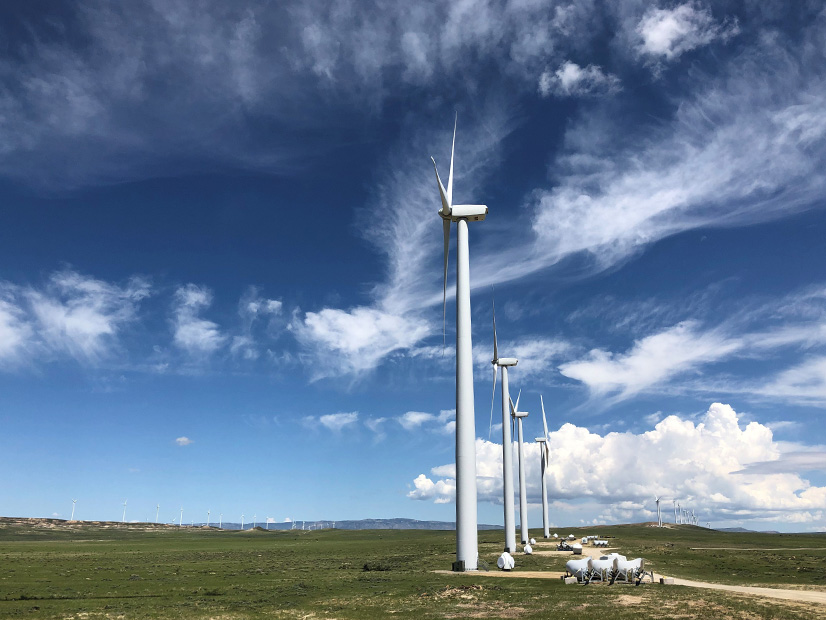Clean Grid Alliance is asking MISO to develop a means to see late-stage generation projects through the interconnection queue when they’re dogged by uncertain and delayed affected-system study results.
The request comes as MISO and SPP have filed to enact a new relative interconnection queue priority for generation projects that stand to affect the seams for the purposes of system impact studies, affected-system studies and cost assignments for network upgrades.
MISO and SPP’s ongoing Joint Targeted Interconnection Queue transmission planning study compelled them to pivot from a “first-come, first-served” queue priority approach to a “first-ready, first-served” method. The RTOs have a filing before FERC to apply the new prioritization (ER22-1533).
MISO is processing queue applications that were submitted in 2019 and 2020, while SPP is working on interconnection requests submitted in 2017. In some cases, MISO interconnection customers that entered the queue in 2018 are already signing generator interconnection agreements, the final step before grid access.
Andy Witmeier, MISO director of resource utilization, has said it “doesn’t make sense” for MISO interconnection customers to be held up by projects in SPP’s queue that may have entered earlier but have yet to be sited. SPP’s Neil Robertson has also said the RTOs must “evolve” beyond the instinct that whoever lines up first must finish first. (See Midwest Energy Policy Series Addresses JTIQ Projects.)
But in MISO, batches of projects that entered the queue in 2018 and 2019 were left out of the new priority. The RTO said those cycles of projects are destined for generator interconnection agreements (GIAs) before the changes have a chance to take effect.
CGA’s Rhonda Peters said those projects in the late stages of MISO’s interconnection could also use a solution from the RTO to ensure they clear the queue.
Speaking to stakeholders at the Planning Advisory Committee’s meeting Wednesday, Peters said the generation projects are approaching GIAs without “final or accurate” upgrade costs from MISO’s and SPP’s affected-system studies. She said these interconnection customers don’t have a complete enough picture of the affected-system studies or the upgrades they could be on the hook for “to commit significant capital in a GIA or other construction contracts.” She said many are considering filing GIAs unexecuted — “not an ideal solution” for either them or MISO.
CGA’s Natalie McIntire called for a way to help interconnection customers’ advanced-stage projects with uncertain affected-system studies.
“I’m not aware of other industries where you have to sign on the dotted line [while] not understanding what your costs are going to be,” McIntire said.
Both EDF Renewables and Invenergy have protested MISO and SPP’s FERC filing based in part on similar arguments. EDF said it is “often faced with having to execute a GIA 12 to 18 months before obtaining clarity on final affected-system costs.” Invenergy called the affected-system study process “broken.”
Peters said advanced-stage interconnection customers in the 2018 and 2019 cycles have already spent millions that could be passed on to ratepayers even if the projects don’t reach commercial operation. “These projects are the rule-followers and ones that have gone by the book,” she said.
If the projects don’t ultimately connect to the grid, it could impact MISO’s reliability models and resource adequacy. “As the age-old saying goes, an ounce of prevention is worth a pound of cure,” she said.
In February and again in early April, Peters tried to submit a presentation on the topic but was blocked by MISO and the stakeholder leadership of the Interconnection Process Working Group (IPWG). Several stakeholders insisted MISO add the presentation to its website and devote time to stakeholder discussion on the 2018 and 2019 projects.
Future discussions on the topic are likely to take place at IPWG meetings.




